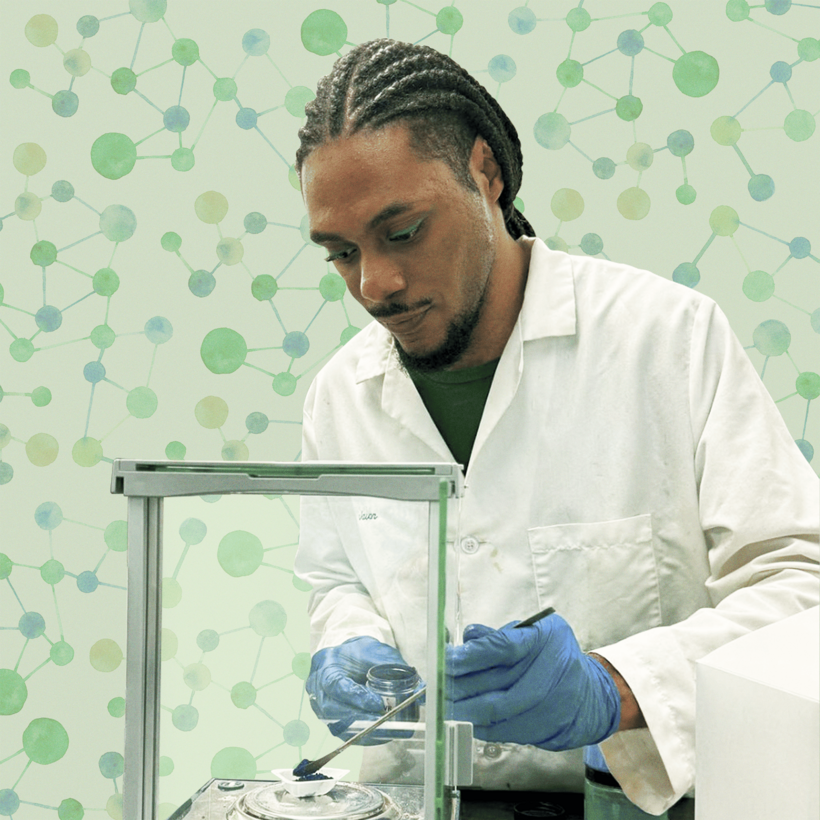If you’ve ever wondered whether your vitamin-C serum or the tube of sunscreen you found in your beach bag is still potent, you’ve come to the right place. An expiration date is sometimes stamped on the bottom of a jar, but it isn’t a common practice. And even if the date is visible, what does it mean? Javon Ford has the answers. He’s a cosmetic chemist whose research-rich TikTok videos @javonford16 are a healthy mix of entertainment and accuracy. This month, for Air Mail Look, he parses the meaning of expiration dates.
Expiration dates are like the worst-case scenario; that’s when companies can ensure that the formula is safe mainly from a preservative and stability standpoint.
With serums, the expiration date is when the active ingredients stop working. Vitamin-C serums, especially pure ascorbic-acid serum, last three months after opening before they become inactive. They may not put that on the bottle, but you should probably mark it yourself. Retinoids expire within six months—and then they just stop working. Kojic acid is another one. It’s unstable and it doesn’t have a long shelf life. Oil-based vitamin C has a longer shelf life than water-based ones.
Anything that’s dissolved in water can grow mold; that’s why the clock starts. When the manufacturer says the product expires in five months, it doesn’t mean you can’t keep using it. It probably won’t be moldy, but it won’t be as efficacious.
With sunscreen, you don’t want to use it past its expiration date, because it won’t give you the full-strength protection. If there’s no expiration date on the bottle, throw it out after three years.
Two years is the general shelf life for standard skin care unless it’s a “clean” product; those often expire within six months, given the absence of a robust preservative system.
Over time, moisturizers will separate into the oil and water phases. When I was at my mom’s house, she gave me a bottle of Vaseline Intensive Care Lotion. I think it was my grandma’s. It said 2007 on the expiration date. I checked the consistency. It was very liquid. Sorry, Mom, but I threw it out.
Javon Ford is a Los Angeles–based cosmetic chemist




